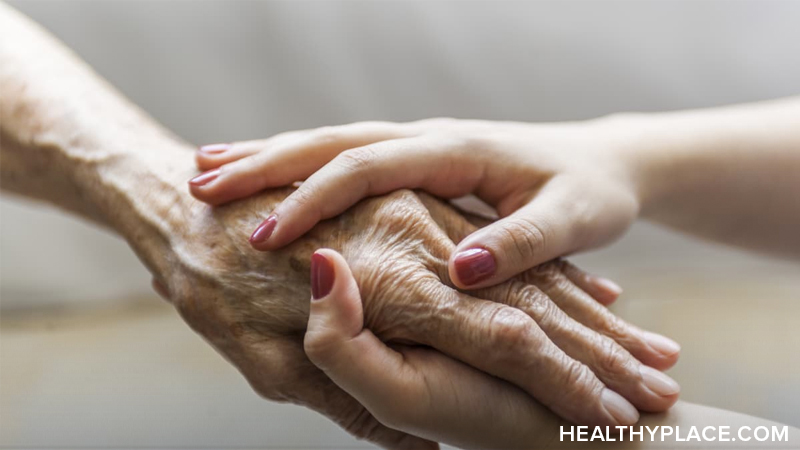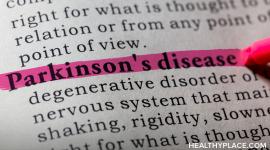Is Parkinson’s Disease Hereditary? Genetics of Parkinson’s

Many people wonder: is Parkinson's disease hereditary? Is there a Parkinson’s disease gene? It's important for patients with Parkinson's disease to understand what caused Parkinson's, especially if they worry about family members inheriting the disease. Others are concerned that they will one day develop Parkinson's, especially if they have seen a parent or grandparent go through it. Although genes are a factor in Parkinson's, the answer to this question is not straightforward. Find out if Parkinson's disease is hereditary and whether or not you should worry.
Is Parkinson’s Disease Hereditary? The Facts
Hereditary diseases are passed from parent to child through genes, but is Parkinson's one of them? Even though Parkinson's can be passed genetically, this is rare. Here are some facts to shed some light on the issue:
- Only 15% of people with Parkinson’s reported having someone in the family with the condition.
- Having a parent with Parkinson’s disease only increases your risk of getting Parkinson’s by 3%.
- Most people with early-onset Parkinson's disease ( diagnosed before the age of 50) are likely to have inherited it.
So is Parkinson’s disease hereditary? Yes, Parkinson’s disease can be genetic. But that’s not to say you will inherit the Parkinson’s disease gene if your parent or grandparent has the condition. Nor does it mean you won’t develop it just because it doesn’t run in your family. Parkinson's can be traced to various gene mutations, but most of the time the cause is unknown.
How Do You Get Parkinson’s Disease?
There is no known cause of Parkinson's disease. Scientists and researchers have found that Parkinson's is caused by a combination of genetics, environmental factors and unknown causes. Patients with Parkinson's disease have been seen to have low dopamine and norepinephrine levels in the brain, as well as Lewy bodies (clumps of protein in the brain) which can occur after exposure to toxic chemicals and aldehydes.
There is no way to avoid getting Parkinson’s, whether or not the disease runs in your family. Some research suggests that avoiding toxic chemicals such as those found in reheated cooking oils and pesticides can reduce your chances of getting Parkinson’s, but this isn’t always possible.
What to Do If Someone in Your Family Has Parkinson’s Disease
If you spot the signs of Parkinson’s disease in a member of your family, it’s important to consult a doctor straight away. Your doctor can formally diagnose the condition and identify where your loved one is on the Parkinson’s scale. He or she will also suggest ongoing treatment – such as medication and occupational therapy – to help ease their symptoms.
The Michael J Fox Foundation Center for Parkinson’s Research recommends these tips for caregivers:
- Find a support group for caregivers.
- Stay informed of developments by keeping in close contact with doctors and care staff.
- Stay organized when arranging appointments and physical therapy sessions.
- Expand your medical team to include as many medical professionals as possible.
- Watch for depression and anxiety
- Don’t overlook your own needs
What to Do If You Need Support for Parkinson’s
If you have Parkinson’s disease or you’re caring for someone with the condition, you can contact the National Parkinson’s Foundation Helpline on 1-800-4PD-473-4636 for emotional support and advice.
It can be challenging to see someone you love experience Parkinson’s disease, especially if they require full-time care. However, having someone with Parkinson’s in your family does not mean that you will get it. Parkinson’s disease is not always hereditary.
APA Reference
Smith, E.
(2022, January 28). Is Parkinson’s Disease Hereditary? Genetics of Parkinson’s, HealthyPlace. Retrieved
on 2024, June 20 from https://www.healthyplace.com/parkinsons-disease/information/is-parkinsons-disease-hereditary-genetics-of-parkinsons



